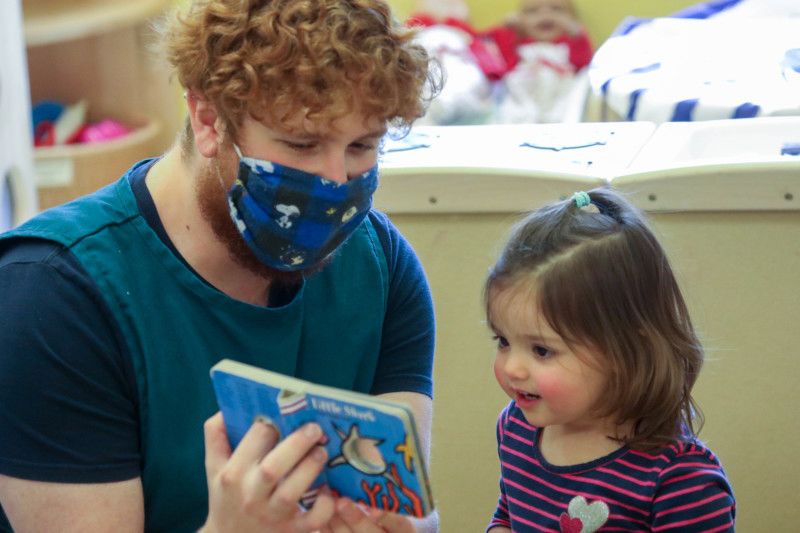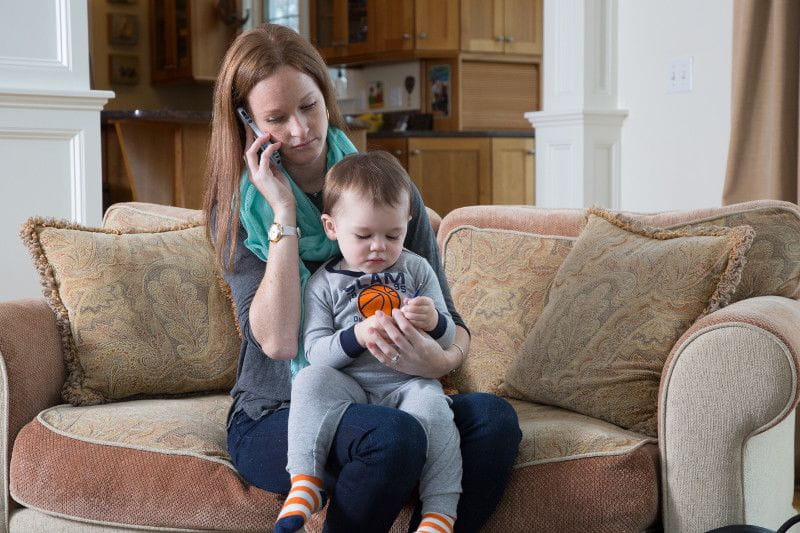Last week, several enterprising news outlets explained the sure-fire way to win Powerball. If you want to take home the jackpot ($1.3 billion in case there's anyone left unaware), all you have to do is buy all 292.2 million possible number combinations for a grand total of $584 million, which for anyone who's interested, would be roughly $300 million less than what you'd stand to take home in a lump sum -- before taxes, of course.
This is what we might call covering your bases, extreme style. And nobody would call it a good investment strategy.
Thankfully, there are more practical (and heaven knows more cost-efficient) ways to cover bases in business.
The best example of this is perhaps child care. Current research says many of your organization's pivotal players today are likely also raising young children. That means a center is going to have tangible returns in retention, recruitment, engagement, and productivity.
But if you investigate further, chances are, you'll find you've also got people who need child care outside of full-time arrangements, maybe when a regular nanny can't show up or when the kids are off from school. Or maybe you've added regional employees. By adding the capabilities for back-up care, you can dependably fill those holes. And once you have access to the back-up care infrastructure -- the reservations system, online platforms, the networks of centers and in-home care providers -- you can reach beyond your home office and accommodate employees elsewhere: those who might take their children on business travel or who might be working by remote or who might not have children, but have parents who need assistance on the other side of the country. Even better, you can direct some of the back-up care spaces to your own child care center, and so leverage a resource you already own.
As for Powerball, the Times followed up its first piece with another that helpfully pointed out your chances of winning the lottery are 27,000 times less than the likelihood that you, as an amateur golfer, will hit a hole-in-one. Clearly, a well thought-out dependent-care strategy has much better odds.
Solving the Puzzle of Dependent Care Strategy
We talk about this -- covering all bases -- when helping clients assemble their dependent-care strategy. There's a tendency among many people to look at support programs as either a game of chance, or standalone solutions that are assembled independently of each other to solve what you think are your workforce's challenges. But if you're doing it right, you're operating off of specific data that tells you what you're solving for, and then leveraging multiple approaches to cover very specific bases in complementary ways.The best example of this is perhaps child care. Current research says many of your organization's pivotal players today are likely also raising young children. That means a center is going to have tangible returns in retention, recruitment, engagement, and productivity.
But if you investigate further, chances are, you'll find you've also got people who need child care outside of full-time arrangements, maybe when a regular nanny can't show up or when the kids are off from school. Or maybe you've added regional employees. By adding the capabilities for back-up care, you can dependably fill those holes. And once you have access to the back-up care infrastructure -- the reservations system, online platforms, the networks of centers and in-home care providers -- you can reach beyond your home office and accommodate employees elsewhere: those who might take their children on business travel or who might be working by remote or who might not have children, but have parents who need assistance on the other side of the country. Even better, you can direct some of the back-up care spaces to your own child care center, and so leverage a resource you already own.
Leveraging Dependent Care Strategy for Substantial Returns
So you've taken one essential support -- your center -- and complemented it, and in the process, created benefit equity and complete coverage across your workforce. And your retention, recruitment, and other ROI is substantially multiplied. That can only happen with the right data. But the message is that a well-crafted strategy isn't a hit-or-miss assemblage, it's a carefully created puzzle, with ROI -- in avoided absenteeism, engaged parents -- as the jackpot.As for Powerball, the Times followed up its first piece with another that helpfully pointed out your chances of winning the lottery are 27,000 times less than the likelihood that you, as an amateur golfer, will hit a hole-in-one. Clearly, a well thought-out dependent-care strategy has much better odds.





